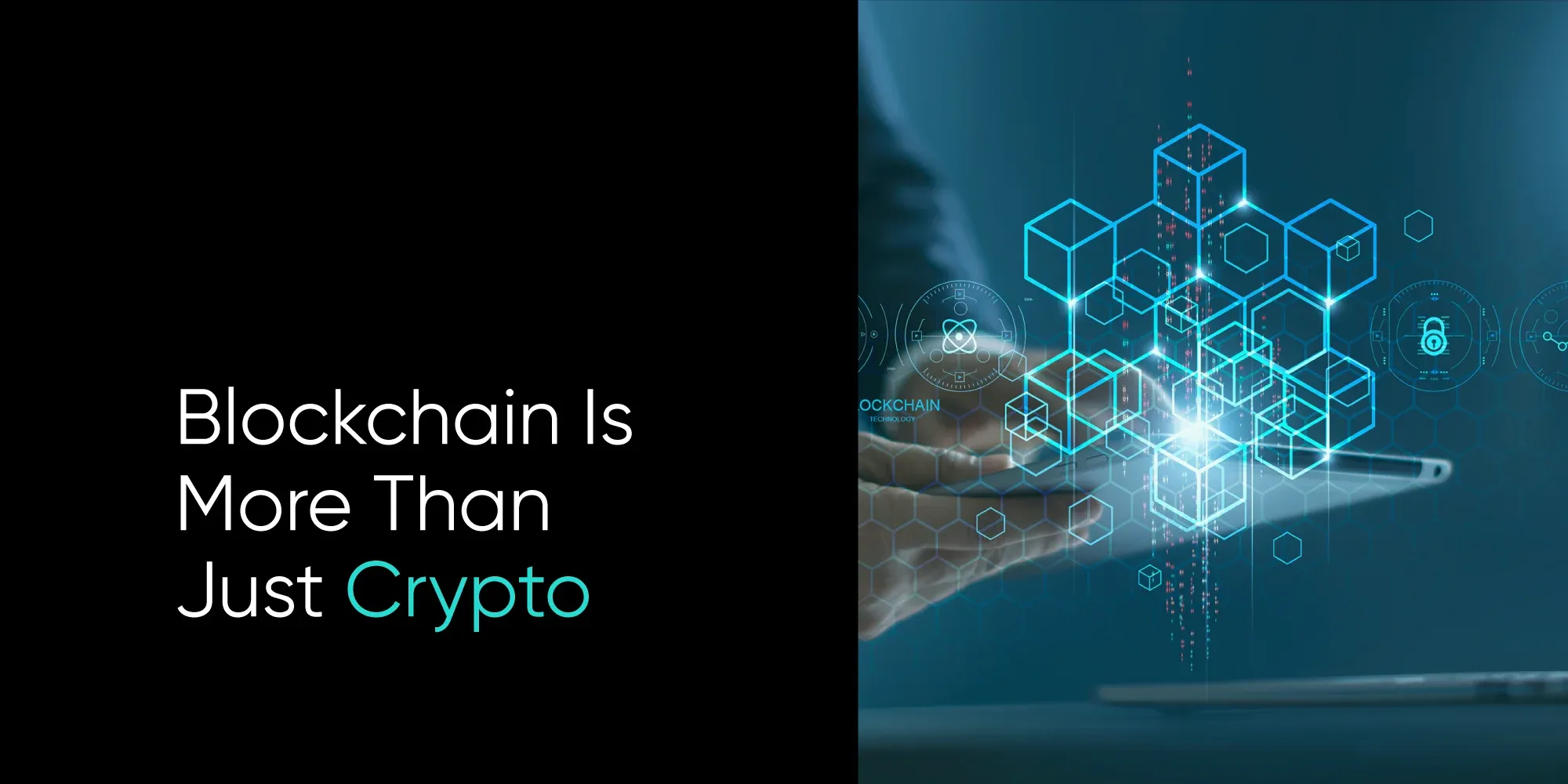

Blockchain technology has emerged as a revolutionary force, transforming industries far beyond its initial application in cryptocurrencies. Let’s explore this topic in more detail with Papa’s Freezeria below. As we delve into the myriad ways blockchain is reshaping our world, we’ll uncover how this groundbreaking technology is enhancing transparency, security, and efficiency across various sectors. From finance to healthcare, supply chain management to voting systems, blockchain’s potential to disrupt traditional processes and create new opportunities is immense.
Before we dive into the various applications of blockchain, it’s essential to understand its core principles. At its heart, blockchain is a decentralized, distributed ledger technology that records transactions across a network of computers. Each transaction is stored in a “block” and linked to previous transactions, forming a chain of blocks – hence the name “blockchain.”
The key features that make blockchain so revolutionary are its immutability, transparency, and security. Once a transaction is recorded on the blockchain, it cannot be altered without the consensus of the network. This creates a tamper-proof record of all transactions, visible to all participants in the network. The decentralized nature of blockchain also eliminates the need for intermediaries, reducing costs and increasing efficiency.
Read more: The Future of Quantum Computing: What You Need to Know
One of the most powerful features of blockchain technology is the ability to create and execute smart contracts. These are self-executing contracts with the terms of the agreement directly written into code. Smart contracts automatically enforce and execute the terms of an agreement when predefined conditions are met, without the need for intermediaries.
Smart contracts have the potential to revolutionize industries such as real estate, insurance, and legal services by automating complex processes, reducing fraud, and increasing transparency. For example, in the real estate industry, smart contracts could streamline property transfers, automatically releasing funds and transferring ownership once all conditions are met.
While blockchain technology is most commonly associated with cryptocurrencies like Bitcoin, its applications in the financial sector extend far beyond digital currencies. Traditional financial institutions are increasingly exploring and adopting blockchain technology to improve their operations and offer new services to customers.
One area where blockchain is making significant inroads is in cross-border payments. Traditional international money transfers can be slow, expensive, and opaque. Blockchain-based solutions can dramatically reduce transaction times and costs while providing greater transparency. Companies like Ripple are partnering with banks and financial institutions to facilitate faster, cheaper cross-border transactions using blockchain technology.
Decentralized Finance, or DeFi, is an emerging ecosystem of financial applications built on blockchain networks. DeFi aims to create an open, permissionless financial system that operates without centralized intermediaries like banks or traditional financial institutions.
DeFi applications cover a wide range of financial services, including lending, borrowing, trading, and asset management. These platforms use smart contracts to automate financial processes, allowing users to access services like loans or yield farming without going through traditional banking systems. While still in its early stages, DeFi has the potential to democratize access to financial services and create new economic opportunities for people around the world.
Supply chain management is another area where blockchain technology is making significant strides. The complex nature of global supply chains, involving multiple stakeholders and transactions, makes them prone to inefficiencies, errors, and fraud. Blockchain can address these challenges by providing a transparent, immutable record of every step in the supply chain process.
By implementing blockchain in supply chain management, companies can achieve greater traceability, reduce counterfeiting, and improve overall efficiency. For example, in the food industry, blockchain can be used to track the journey of products from farm to table, ensuring food safety and authenticity. Consumers can scan a QR code on a product to see its entire history, including where it was grown, processed, and distributed.
Blockchain’s ability to provide transparent and verifiable information is particularly valuable in promoting sustainability and ethical sourcing practices. Companies can use blockchain to track and verify the ethical and environmental credentials of their products, from raw material sourcing to manufacturing and distribution.
For instance, in the diamond industry, blockchain is being used to combat the trade of conflict diamonds. Each diamond can be given a unique digital fingerprint and tracked through every stage of its journey, ensuring that only ethically sourced diamonds enter the market. This level of transparency not only helps companies meet regulatory requirements but also builds consumer trust and loyalty.
The healthcare industry is another sector poised for significant transformation through blockchain technology. From securing patient data to improving the efficiency of clinical trials, blockchain has the potential to address many of the challenges facing healthcare systems worldwide.
One of the most promising applications of blockchain in healthcare is in the management of electronic health records (EHRs). Blockchain can provide a secure, decentralized platform for storing and sharing patient data, giving patients greater control over their health information while ensuring that healthcare providers have access to accurate, up-to-date records. This can lead to better coordination of care, reduced medical errors, and improved patient outcomes.
Counterfeit drugs are a significant global health problem, causing thousands of deaths each year and costing the pharmaceutical industry billions of dollars. Blockchain technology can help combat this issue by providing an immutable record of a drug’s journey from manufacturer to patient.
By implementing blockchain in the pharmaceutical supply chain, each drug can be assigned a unique identifier and tracked at every stage of its journey. This not only helps prevent counterfeit drugs from entering the supply chain but also enables rapid recall of defective products and improves overall supply chain efficiency.
The potential of blockchain technology to enhance the security and transparency of voting systems has garnered significant attention in recent years. Traditional voting systems are often criticized for their vulnerability to fraud, lack of transparency, and potential for human error. Blockchain-based voting systems could address these concerns by providing a secure, transparent, and tamper-proof record of votes.
In a blockchain-based voting system, each vote would be recorded as a transaction on the blockchain, creating an immutable and auditable trail. This would make it virtually impossible to alter votes once they have been cast, enhancing the integrity of elections. Additionally, blockchain could enable remote voting while maintaining security, potentially increasing voter participation and making elections more accessible.
While the potential benefits of blockchain-based voting systems are significant, there are also challenges to consider. These include ensuring voter privacy, addressing the digital divide, and maintaining the secrecy of the ballot. Moreover, the implementation of such systems would require careful planning, rigorous testing, and public education to ensure trust and adoption.
Despite these challenges, several countries and organizations are exploring blockchain-based voting systems. For example, West Virginia in the United States piloted a blockchain-based mobile voting app for overseas military personnel in the 2018 midterm elections. As the technology matures and these pilot projects yield valuable insights, we may see broader adoption of blockchain in voting systems in the future.
Read more: 5G vs 6G: What’s Next in Wireless Technology?
As we’ve explored, blockchain technology has the potential to revolutionize a wide range of industries and processes. However, like any emerging technology, blockchain faces several challenges that need to be addressed for widespread adoption.
One of the primary challenges is scalability. Many blockchain networks, particularly those using proof-of-work consensus mechanisms, struggle to handle large volumes of transactions quickly and efficiently. This has led to the development of alternative consensus mechanisms and layer-2 solutions to improve scalability without compromising security.
Interoperability between different blockchain networks is another crucial challenge. As more industries and organizations adopt blockchain technology, the ability for different blockchain networks to communicate and share data seamlessly becomes increasingly important. Projects like Polkadot and Cosmos are working on creating interoperable blockchain ecosystems to address this challenge.
Regulatory uncertainty also remains a significant hurdle for blockchain adoption in many sectors. As governments and regulatory bodies grapple with the implications of this new technology, clear regulatory frameworks will need to be developed to provide certainty for businesses and protect consumers.